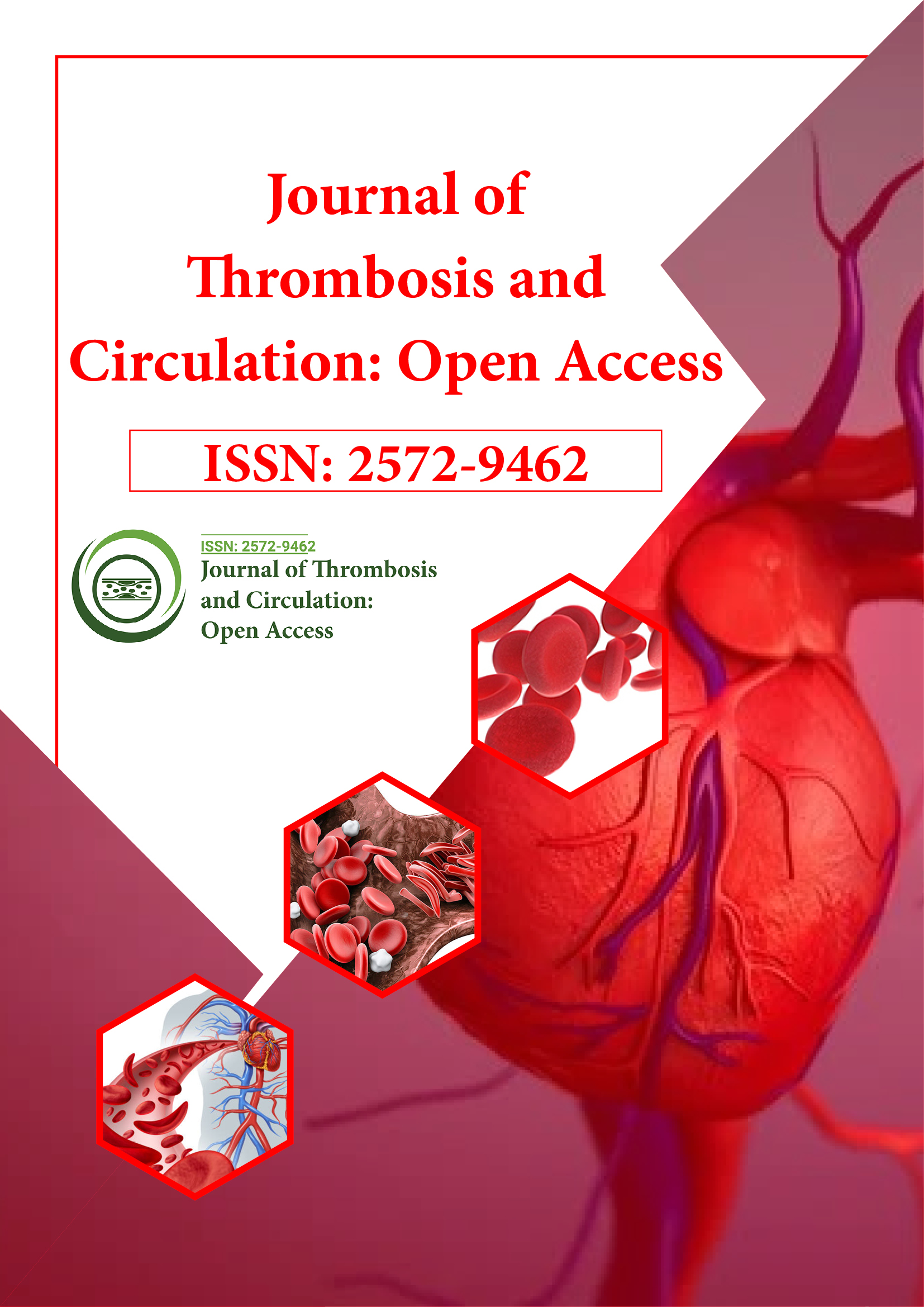зҙўеј•дәҺ
- еҸӮиҖғжҗңзҙў
- е“Ҳе§ҶиҫҫеӨ§еӯҰ
- дәҡеҲ©жЎ‘йӮЈе·һEBSCO
- жҷ®еёғйҡҶж–Ҝ
- и°·жӯҢеӯҰжңҜ
жңүз”Ёзҡ„й“ҫжҺҘ
еҲҶдә«жӯӨйЎөйқў
жңҹеҲҠдј еҚ•

ејҖж”ҫиҺ·еҸ–жңҹеҲҠ
жҠҪиұЎзҡ„
дёҖеҗҚжӮЈжңүзҘһз»Ҹзі»з»ҹзјәйҷ·зҡ„е№ҙиҪ»з”·жҖ§пјҡйҳөеҸ‘жҖ§зқЎзң жҖ§иЎҖзәўиӣӢзҷҪе°ҝз—Үзҡ„иҜҠж–ӯ
еӣҫжІҷе°”·жў…еҶңгҖҒйҳҝзұіжӢү·C·зұіж–Ҝзү№йҮҢгҖҒз‘һжҒ©·йәҰиҖғеҲ©еӨ«гҖҒжІҷж¬Ј·е·ҙж јз“ҰеҠ е°”
йҳөеҸ‘жҖ§зқЎзң жҖ§иЎҖзәўиӣӢзҷҪе°ҝжҳҜдёҖз§ҚзҪ•и§Ғзҡ„иҺ·еҫ—жҖ§иЎҖж¶Із–ҫз—…пјҢе…¶зү№еҫҒжҳҜзәўз»Ҷиғһз ҙеқҸгҖҒиЎҖж “е’ҢйӘЁй«“еҠҹиғҪеҸ—жҚҹгҖӮPNH зҡ„з—ҮзҠ¶еҸҜиғҪжңүеҫҲеӨ§е·®ејӮпјҢдҪҶеҸҜиғҪеҢ…жӢ¬з–ІеҠігҖҒиҷҡејұгҖҒж°”зҹӯгҖҒи…№з—ӣгҖҒйқҷи„үе’ҢеҠЁи„үиЎҖж “еҪўжҲҗйЈҺйҷ©еўһеҠ пјҢд»ҘеҸҠе…¶д»–дёҘйҮҚ并еҸ‘з—ҮгҖӮPNH зҡ„иҜҠж–ӯжҳҜйҖҡиҝҮе®һйӘҢе®ӨжЈҖжөӢеҒҡеҮәзҡ„пјҢеҢ…жӢ¬жөҒејҸз»ҶиғһжңҜе’Ңеҹәеӣ жЈҖжөӢгҖӮиҷҪ然 PNH ж— жі•жІ»ж„ҲпјҢдҪҶжӯЈзЎ®зҡ„иҜҠж–ӯе’ҢжІ»з–—еҸҜд»Ҙеё®еҠ©жҺ§еҲ¶з—ҮзҠ¶е№¶ж”№е–„жӮЈиҖ…зҡ„з”ҹжҙ»иҙЁйҮҸгҖӮиҝҷйҮҢи®Ёи®әзҡ„жҳҜдёҖеҗҚ 22 еІҒз”·жҖ§ PNH з—…дҫӢпјҢд»–иЎЁзҺ°дёәеҠЁи„үдёӯйЈҺе’ҢжҖҘжҖ§еҸідҫ§еҒҸзҳ«з—ҮзҠ¶гҖӮеӨҙйғЁе’ҢйўҲйғЁзҡ„и®Ўз®—жңәж–ӯеұӮжү«жҸҸиЎҖз®ЎйҖ еҪұжҳҫзӨәе·Ұдҫ§еӨ§и„‘дёӯеҠЁи„ү M1 иҠӮж®өйҳ»еЎһгҖӮејҖе§ӢжҠ—еҮқжІ»з–—пјҢйҡҸеҗҺзҡ„ MRI е’Ң CT жү«жҸҸиҜҒе®һдәҶйҳ»еЎһпјӣиҖҢй«ҳеҮқзҠ¶жҖҒжЈҖжҹҘз»“жһңжҳҫзӨә PNH иҜҠж–ӯе‘ҲйҳіжҖ§гҖӮжӮЈиҖ…жҺҘеҸ—дәҶдҫқеә“зҸ еҚ•жҠ—е’Ңи„‘иҶңзӮҺзҗғиҸҢз–«иӢ—жІ»з–—гҖӮжӮЈиҖ…йҖҡиҝҮзү©зҗҶе’ҢиҒҢдёҡжІ»з–—жҒўеӨҚдәҶиҝҗеҠЁеҠҹиғҪгҖӮ